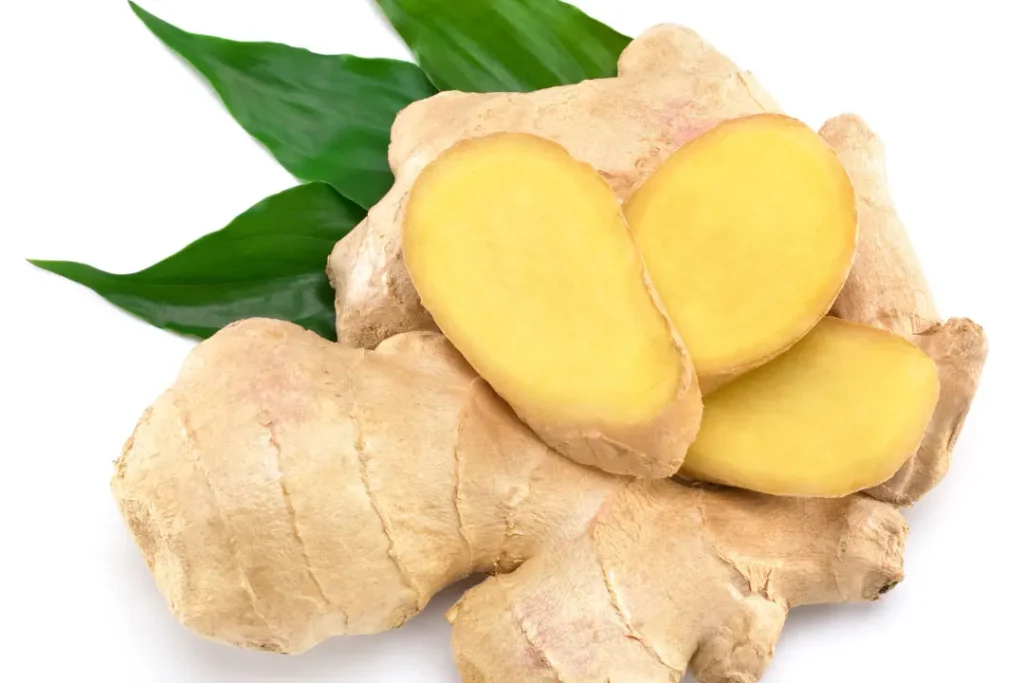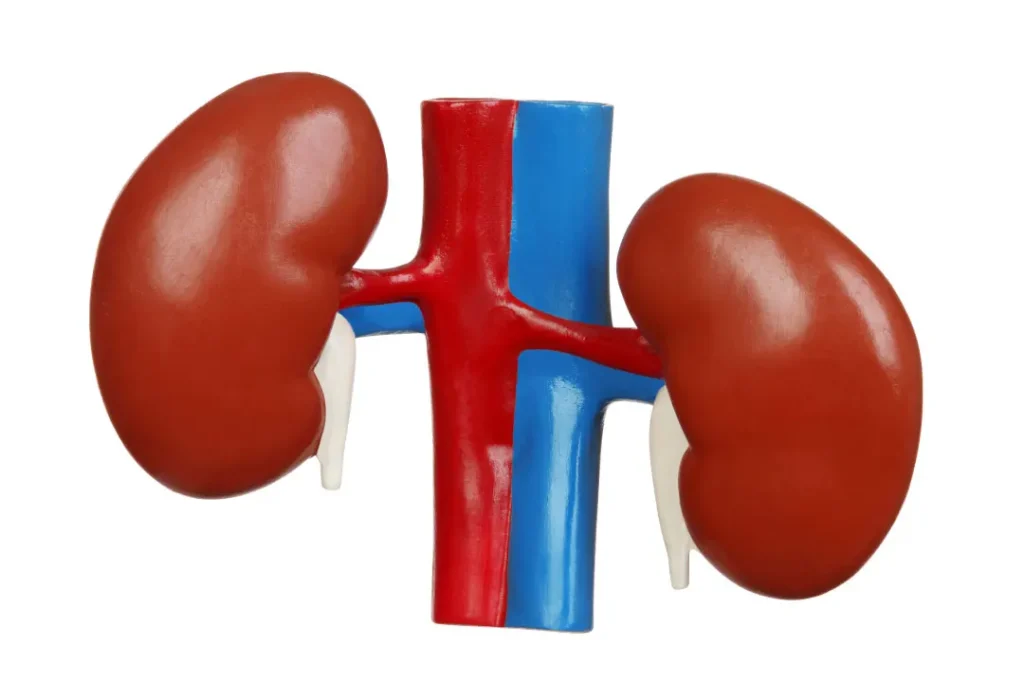Cardamom, also known by its scientific name Elettaria cardamomum, is a well-known spice that has been used in a variety of culinary preparations around the globe, particularly in Asian and Middle Eastern cuisines. However, this “Queen of Spices” has also been receiving significant attention for its possible health advantages, making it a viable nutraceutical supplement in addition to its aromatic qualities and flavor-enhancing effects. This page examines the chemical components of cardamom, as well as the herb’s advantages for health, recommended dose, negative effects, possible drug interactions, and safest methods of usage.
You May Also Like:
5 Great Reasons to Try Alpha GPC for Brain Health
5 Great Health Benefits of ElevATP: From Increased Energy to Better Brain Function…
The Nature of Cardamom
The Zingiberaceae family, which contains other well-known spices like ginger and turmeric, includes cardamom as a member spice. Elettaria cardamomum (green cardamom) and Amomum subulatum (black cardamom) are the two primary varieties of cardamom. It is indigenous to the tropical areas of India, Malaysia, and Costa Rica. It grows on plants that are between two and four meters tall and does best in humid, tropical climes.
The bulk of cardamom’s bioactive components and unique taste is found in its seeds, which are contained in a tiny pod with several seeds. Cardamom has a distinctive flavor and scent with hints of lemon, mint, and smoke. It also has a sweet, pungent aroma, making it an attractive accent in both edibles and perfumes.

Health Benefits of Cardamom
The high concentration of bioactive chemicals in cardamom is mostly responsible for its beneficial effects on health. Cardamom has long been valued for its diuretic, antiemetic, and carminative qualities in traditional medicine.
- Cardiovascular Health: Cardamom is commonly linked to improved cardiovascular health in many studies. In a 2017 research, Verma and Jain found that cardamom powder treatment significantly lowered blood pressure and increased fibrinolytic activity, which they ascribed to the spice’s strong antioxidant content.
- Protective Traits: Cardamom has been shown to have substantial antioxidant and anti-inflammatory properties. Its essential oil, which is particularly abundant in substances like 1,8-cineole, has shown free radical scavenging abilities. Reactive oxygen species may harm cells, which is why antioxidants are so important in the fight against chronic illnesses like cancer and heart disease.
- Digestive Health: Cardamom has historically been used to improve digestion and reduce the signs of gastrointestinal diseases including flatulence and discomfort. Its bioactive ingredients, particularly its volatile oils, encourage the release of digestive enzymes and regulate gastrointestinal motility, so supporting digestive health.
- Antibacterial Effectiveness: According to studies, the phytochemicals in cardamom’s essential oil are primarily responsible for the herb’s antibacterial effectiveness against a variety of infections.

Chemical Constituents of Cardamom
Cardamom is a strong source of several bioactive substances due to its complex phytochemical composition. Cardamom seeds contain 5–10% essential oils, the main components of which are:
- Terpinyl acetate
- 1,8-cineole
- Linalool
- Linalyl acetate
- Limonene
The main contributors to cardamom’s distinctive scent and many of its medicinal properties are its volatile components. Additionally, cardamom contains phenolic substances including flavonoids and tannins, which are recognized for their anti-inflammatory and antioxidant qualities.
Physiological Mechanisms of Action
Cardamom’s bioactive components, including flavonoids, phenolics, terpenes, and essential oils, interact with the body in a variety of ways and may have health advantages.
- Antioxidant Effect: Phenolic and flavonoid components in cardamom are principally responsible for the spice’s antioxidant effect. These substances combat damaging free radicals in the body and shield cells from oxidative damage, which may result in various chronic illnesses. They do this by giving the free radicals electrons, which stabilizes them and stops them from harming the cells.
- Anti-inflammatory Effects: Terpinene, Terpinolene, and Limonene, three chemicals found in cardamom, have been shown to have anti-inflammatory effects by preventing the release of pro-inflammatory cytokines. The management of illnesses characterized by persistent inflammation may benefit from this control of the inflammatory response.
- Cardiovascular Health: Cardamom may enhance cardiovascular health by lowering cholesterol and blood pressure. Due to its high fiber content, cardamom may help decrease cholesterol levels by eliminating bile salts from the body by attaching to them. The diuretic effects of the spice may also aid in lowering blood pressure by boosting urine production, which aids in the body’s removal of extra salt and water.
- Digestive Health: By promoting the generation and release of bile from the liver and gallbladder, which helps in the breakdown and absorption of lipids, cardamom stimulates the digestive system. Its carminative qualities might also aid in easing gastrointestinal symptoms including gas, heartburn, and bloating.
- Antibacterial Activity: Cardamom essential oil has antibacterial properties that kill germs by rupturing their cell walls or membranes. Particular bacteria and fungi are especially resistant to its antibacterial action.
To fully realize the potential health advantages of cardamom and to make the most of its usage as a dietary supplement, it is crucial to comprehend the physiological mechanisms of action of the bioactive components found in this spice.

Optimal Dosage of Cardamom
Even though cardamom has a long history of usage in food and medicine, in-depth research on the best dose for achieving certain health effects is missing. However, research looking at cardamom’s ability to lower blood pressure suggests employing doses of 400-500 milligrams per day.
Side Effects
When used in small quantities for cooking, cardamom is often well-tolerated and seldom causes negative consequences from a gastrointestinal perspective. However, excessive ingestion may result in stomach irritation and acidity, as well as other gastrointestinal problems.
Due to its blood pressure-lowering qualities, cardamom may have additive effects when used with antihypertensive medications, perhaps causing blood pressure to drop too low.
Potential Substance Interactions of Cardamom
Cardamom shows relatively little risk of drug interactions as a natural supplement. However, cardamom’s possible anticoagulant action may conflict with drugs that thin the blood. Because of these potential drug interactions, you should take care when introducing cardamom into your recipes and overall consumption patterns.
Moreover, there are a few likely interactions that should be recognized when using cardamom. These instances mostly pertain to cardamom’s medicinal properties, which may be boosted or lessened when coupled with certain medications.
- Hypertension Drugs: Due to cardamom’s known hypotensive effects, using hypertension medications concurrently with cardamom may have an additive impact. This combination can intensify the medications’ effects and result in dangerously low blood pressure. A potentially hazardous condition might result from symptoms including dizziness, fainting, and a slowed heart rate.
- Anticoagulant/Antiplatelet Drugs: Cardamom may interact with anticoagulant and antiplatelet drugs owing to its possible impact on fibrinolytic activities. It could intensify the effects of certain medications, raising the possibility of bleeding. In patients with bleeding issues or those having surgery, this interaction may be important.
- Drugs Affecting the Liver and Kidneys: Because cardamom is metabolized via the liver and kidneys, it may interact with medications that affect these organs. However, thorough research is necessary to prove this assertion beyond a reasonable doubt.
- Substrates for Cytochrome P450 Enzymes: Cardamom contains a number of bioactive chemicals, including 1,8-cineole, which may inhibit cytochrome P450 enzymes, which are essential for the metabolism of drugs. This interaction may change the blood levels of certain medications that are processed by this enzyme system, which might result in more powerful pharmacological effects or toxicity.
These possible interactions necessitate that you coordinate with your healthcare professional about dietary supplement usage, especially if you are using prescription drugs.

Best Responsible Uses of Cardamom
It’s important to take into account the following procedures in order to maximize the positive effects of cardamom while reducing the possibility of negative effects or interactions:
- Consultation with a Healthcare Professional: Due to the possibility of interactions, those who use prescription drugs or have ongoing medical issues should talk to their healthcare professional before using cardamom supplements.
- Appropriate Dose: While additional study is needed to determine the ideal cardamom dose for certain health advantages, the majority of studies have utilized 1-1.5 grams of cardamom powder daily. It is advised to begin with smaller dosages and progressively raise them if they are well tolerated.
- Supplement Quality: It’s important to choose nutritional supplements from reliable manufacturers since there are differences in supplement quality. The ideal dietary supplement would be organic and free of additives, fillers, or potential toxins.
- Incorporation Into Your Diet: It is helpful to use cardamom in a variety of culinary preparations such as teas, curries, and baked products to increase bioavailability and take advantage of its potential health advantages.
Cardamom may be a strong nutraceutical supplement by using it responsibly, combining gastronomic enjoyment with a variety of possible health advantages.

Cardamom:
Conclusion
Cardamom is a commonly loved spice that is not only pleasurable in taste and scent but also affords medicinal and nutritional benefits as well. These combined make it a household staple in many households across the globe.
We hope this article has helped you learn something new about cardamom and inspired you to leverage cardamom for its maximal benefits in your lifestyle.
References:
- “Cardamom Potential Health Benefits” Nutrition Today. Retrieved from: https://journals.lww.com/nutritiontodayonline/Fulltext/2022/01000/Cardamom__Potential_Health_Benefits.8.aspx
- “Cardamom” Science Direct. Retrieved from: https://www.sciencedirect.com/topics/agricultural-and-biological-sciences/cardamom
- “What are the health benefits of cardamom?” Medical News Today. Retrieved from: https://www.medicalnewstoday.com/articles/326532#liver-health
Important Note: The information contained in this article is for general informational purposes only, and should not be construed as health or medical advice, nor is it intended to diagnose, prevent, treat, or cure any disease or health condition. Before embarking on any diet, fitness regimen, or program of nutritional supplementation, it is advisable to consult your healthcare professional in order to determine its safety and probable efficacy in terms of your individual state of health.
Regarding Nutritional Supplements Or Other Non-Prescription Health Products: If any nutritional supplements or other non-prescription health products are mentioned in the foregoing article, any claims or statements made about them have not been evaluated by the U.S. Food and Drug Administration, and such nutritional supplements or other health products are not intended to diagnose, treat, cure, or prevent any disease.


